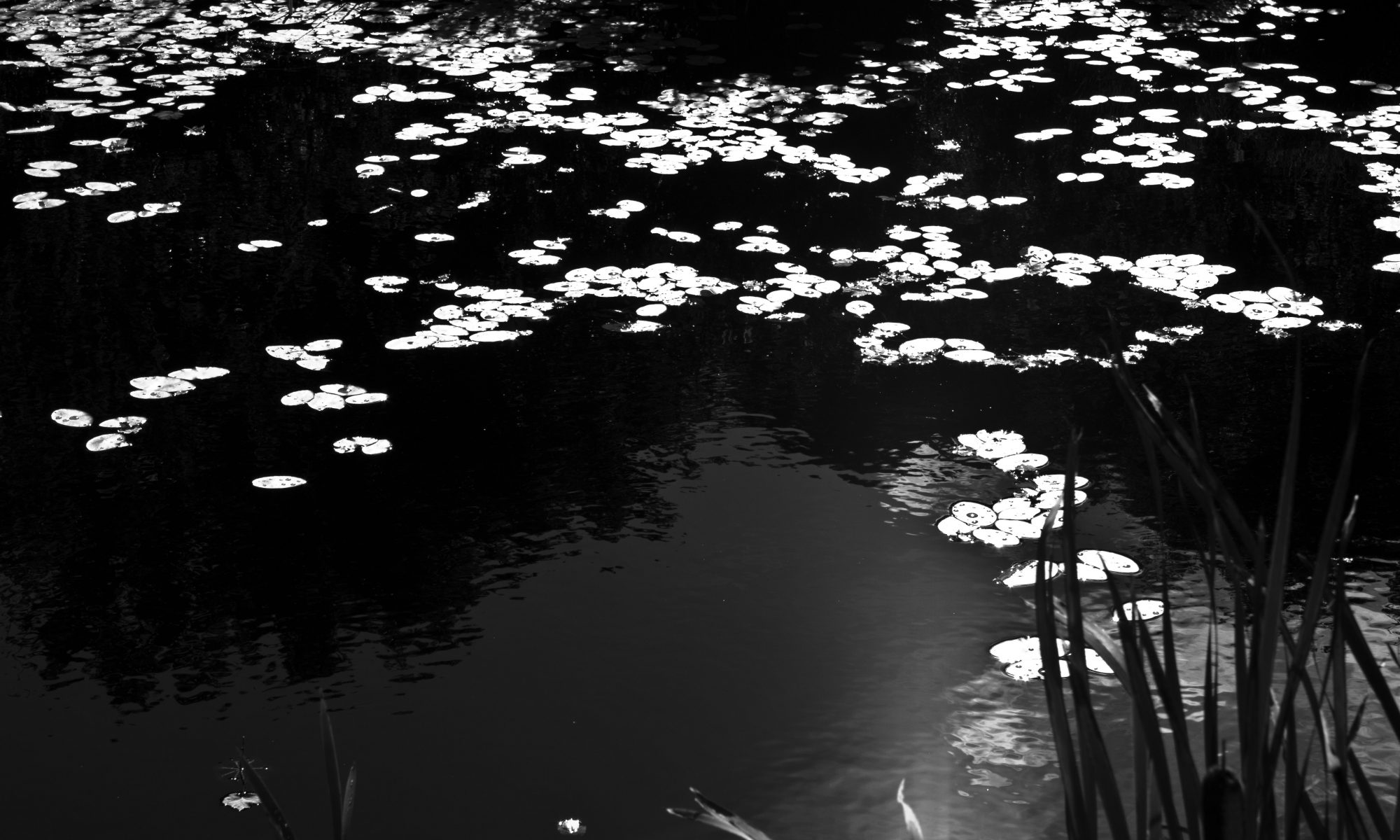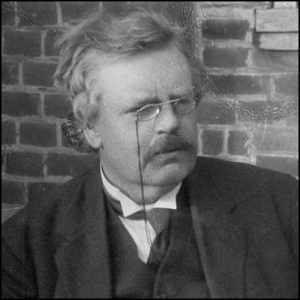 Etty Hillesum is someone to get to know better. A Dutch Jew during the Nazi period, she became increasingly interested in the Bible and in Russian literature (especially Dostoevsky). Over time, and notably during her time in concentration camps, she kept diaries that would justly earn her the reputation of being a genuine mystic. She knew the darkness within us, better than most. But was always more focused on the light, without losing her realism.
Etty Hillesum is someone to get to know better. A Dutch Jew during the Nazi period, she became increasingly interested in the Bible and in Russian literature (especially Dostoevsky). Over time, and notably during her time in concentration camps, she kept diaries that would justly earn her the reputation of being a genuine mystic. She knew the darkness within us, better than most. But was always more focused on the light, without losing her realism.
That realism extended into a powerful sense of God, her self, and the relationship between her inner life and the condition of the world. In that, hers is a fitting follow-up to what I observed last time, about G.K. Chesterton. This excerpt from her diary is especially evocative:
The rottenness of others is in us, too. I see no other solution. I really see no other solution than to turn inward and to root out all the rottenness there. I no longer believe we can change anything in the world until we have first changed ourselves. And that seems to me the only lesson to be learnt from this war. That we must look into ourselves and nowhere else.
These are words from a concentration camp. Etty Hillesum died in Auschwitz on November 30, 1943. She was 29 years old.
Her diaries and letters are collected in this as well as other volumes.

 The 20th-century writer G.K. Chesterton, when asked “What’s wrong with the world?”, had a pretty remarkable answer. He said, “I am.”
The 20th-century writer G.K. Chesterton, when asked “What’s wrong with the world?”, had a pretty remarkable answer. He said, “I am.”